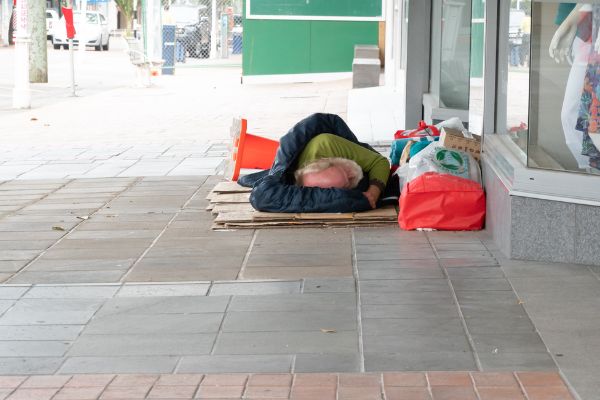
San Francisco Supervisor Dean Preston, representing the Democratic Party, recently expressed his views on the homelessness and drug addiction issues plaguing the city. In an interview with UnHerd, Preston strongly opposed the idea of arresting individuals for drug use, labeling such actions as counterproductive. He questioned the effectiveness of this approach, suggesting that it fails to address the root causes or achieve any meaningful objectives.
The interviewer, Freddie Sayers, probed further, asking whether the inability to arrest people for openly consuming drugs or to clear away homeless camps might lead to worsening conditions. Preston acknowledged that the situation in San Francisco has indeed deteriorated. He attributed this to the city’s inconsistent enforcement policies, which tend to fluctuate with the news cycle, leading to temporary crackdowns followed by a return to the status quo.
Preston pointed to capitalism as a significant factor in San Francisco’s homelessness crisis. He argued that the failures of the capitalist system are starkly visible in areas like the Tenderloin district, where the most economically disadvantaged are often the hardest hit. He identified the loss of jobs, income, and housing – often due to inability to afford rent and eviction – as primary drivers forcing people onto the streets. He criticized major landlords and real estate speculation for exacerbating the housing affordability crisis, pushing more individuals into homelessness.
Despite the waning popularity of the defund the police movement among mainstream Democrats, Preston maintained his support for reducing police funding. He believes there is considerable waste in the police budget and confidently stated that he could cut $100 million from the department, suggesting that these funds could be better utilized in addressing the root causes of issues like homelessness and drug addiction.
Preston’s views reflect a growing debate in American cities over how to effectively tackle issues of homelessness, drug addiction, and public safety, particularly in the context of economic disparities and the role of law enforcement. His stance emphasizes a shift from punitive measures to addressing systemic socioeconomic issues, a perspective that resonates with some while drawing criticism from others who advocate for more traditional law enforcement approaches.
These content links are provided by Content.ad. Both Content.ad and the web site upon which the links are displayed may receive compensation when readers click on these links. Some of the content you are redirected to may be sponsored content. View our privacy policy here.
To learn how you can use Content.ad to drive visitors to your content or add this service to your site, please contact us at [email protected].
Family-Friendly Content
Website owners select the type of content that appears in our units. However, if you would like to ensure that Content.ad always displays family-friendly content on this device, regardless of what site you are on, check the option below. Learn More





